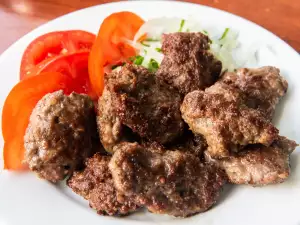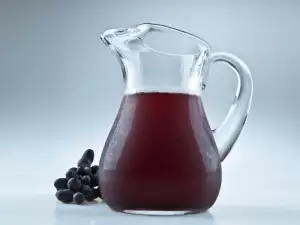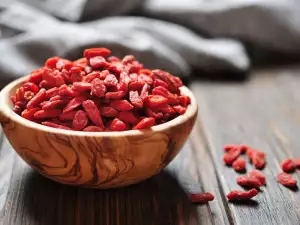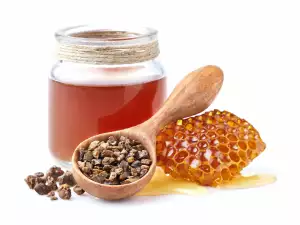Butylated hydroxy anisole is the name of the substance behind the abbreviation E320. What is it and do we need to know anything about it?
E320 belongs to food additives used in food preparation. It is applied in the role of an antioxidant, which means that it is assigned the task of protecting the products from oxidation and is also relied on to prevent the bleaching of their color, as well as to prevent the appearance of bitter taste.
E320 is essentially a mixture of several organic compounds that are classified as isomers. This additive does not dissolve in water, but can be dissolved in organic solvents, weakly polar and non-polar such as methanol, ethanol, oils, fats. The color of E320 can be white, slightly pinkish, it can be yellow-white. The smell of the substance is weak and characteristic.
Use of E320
When the antioxidant is in the amount of 0. 01-0. 02 percent, it protects cooking fats and rendered fats as well as animal fats during heat treatment. It is not necessary to increase the dose of the additive, because its amount does not affect the characteristic properties of the substance, they are constant.
Synergistic properties, that is, those in which the final effect of the action of all the properties is greater than the action of each separately, is possible, but only if E320 is used with other synergists or antioxidants such as citric acid or phosphoric acid.
By adding E320, it significantly increases the shelf life of foods, so it is mostly a preservative. It is used to impregnate packages for products containing fat. It can also be found as an antioxidant in pharmaceutical and various cosmetic products, also as a stabilizer of industrial oils, wax or fats.

This food additive also plays a role as a component of the fats and oils used in the preparation of foods at a high temperature. It can be read on the labels indicating the content of beef and mutton, fish, chicken. It is also found in dried meats, dry cereals, broth and soup concentrates, spices, sauces, nuts and chewing gum.
Influence on man
According to medical science, E320 is a carcinogenic additive that changes the DNA of cells as it interacts with nitrates. Research is currently underway that may prove that the supplement helps slow down cancerous tumors and the herpes virus.
The acceptable daily dose of butylated hydroxy anisole is 0.5 micrograms per kilogram of body weight.
Read more: Five food additives to avoid


















Comments